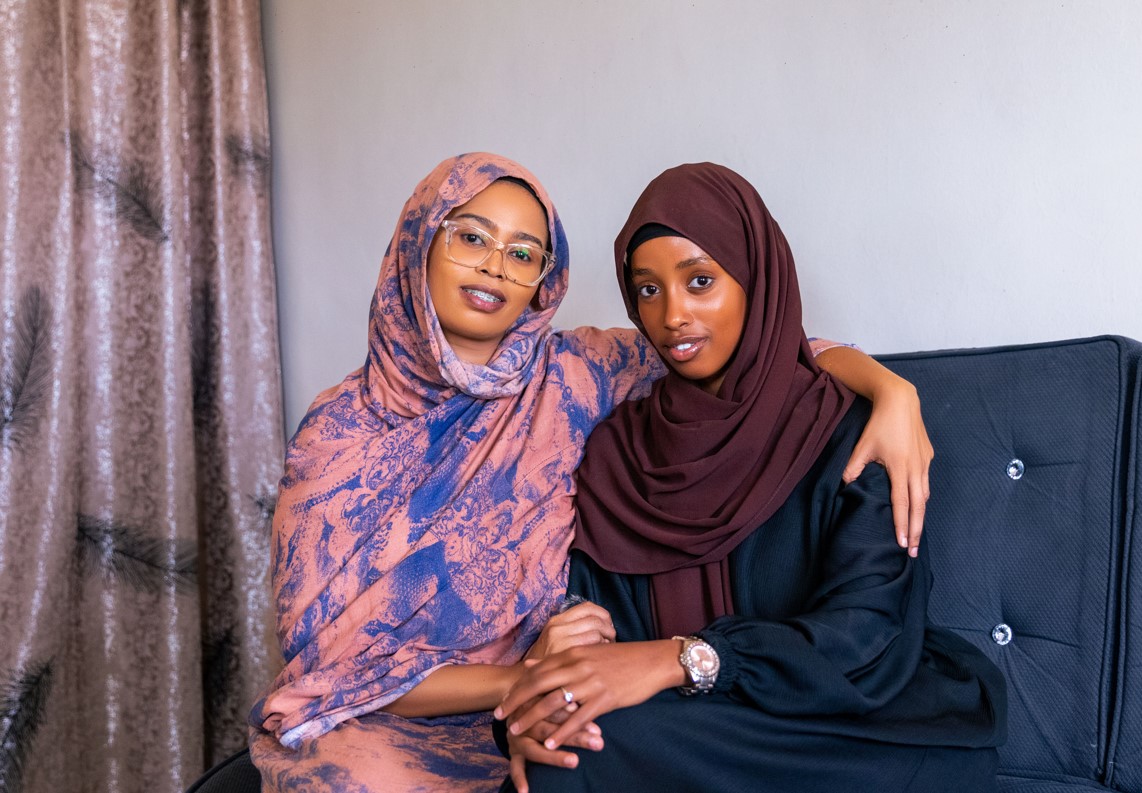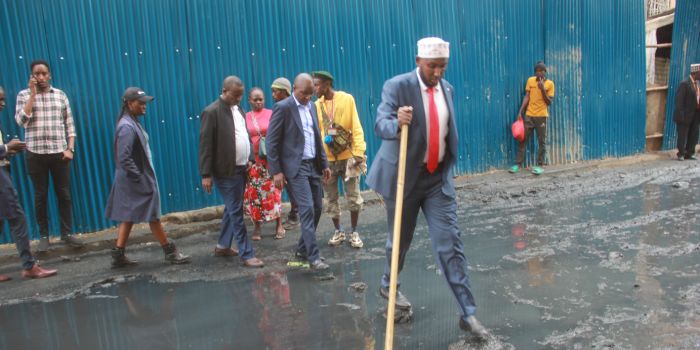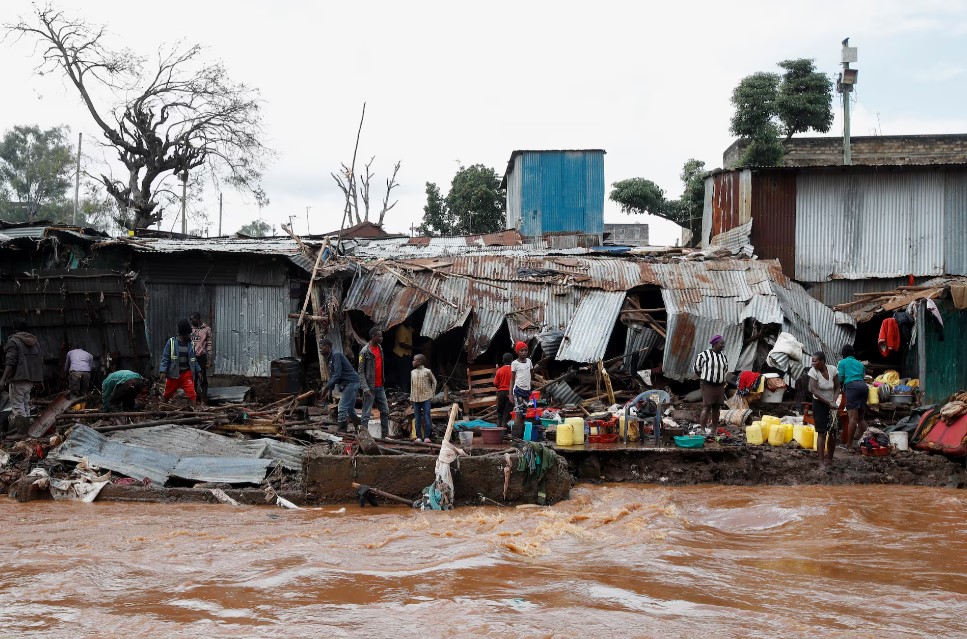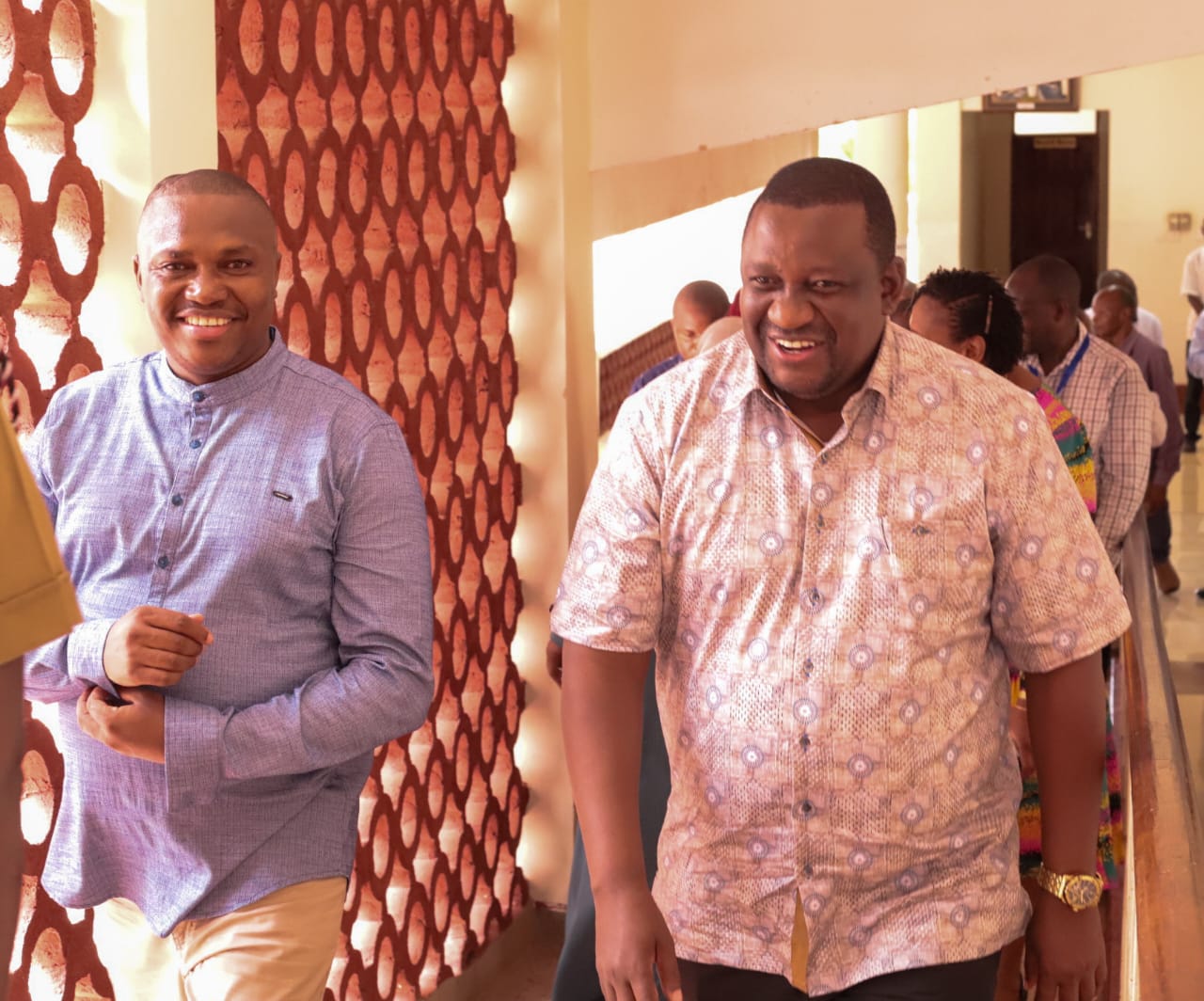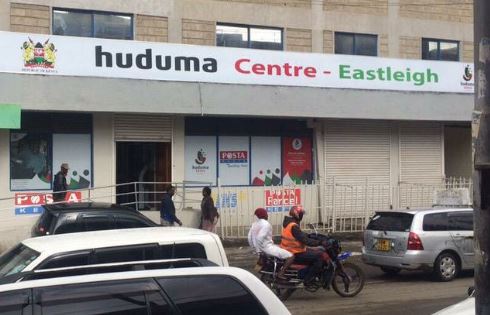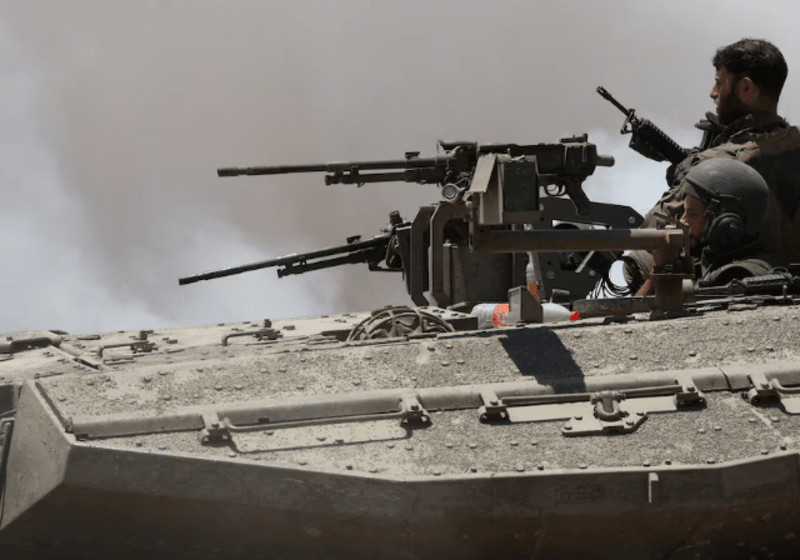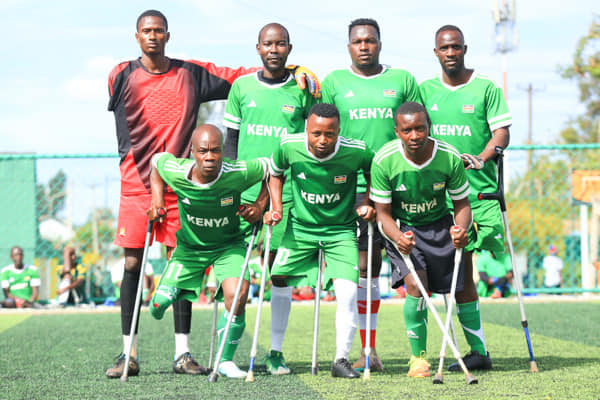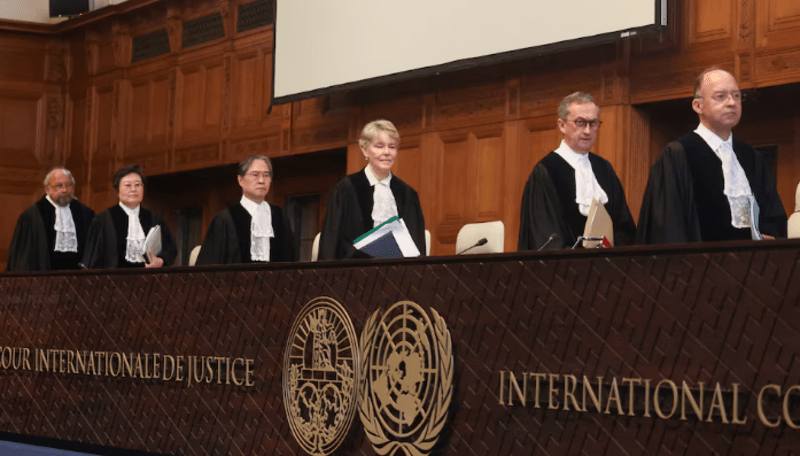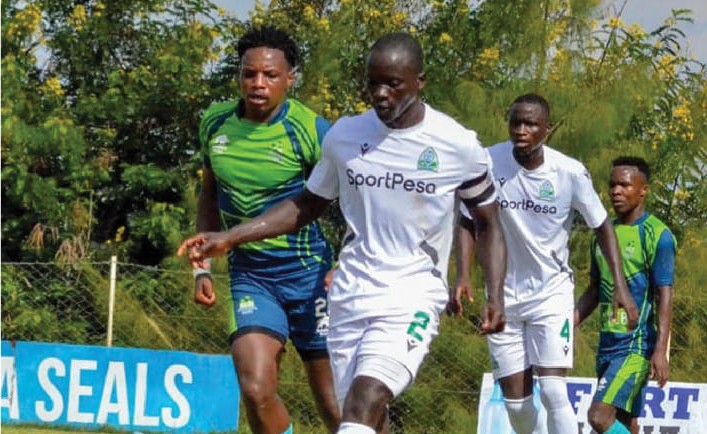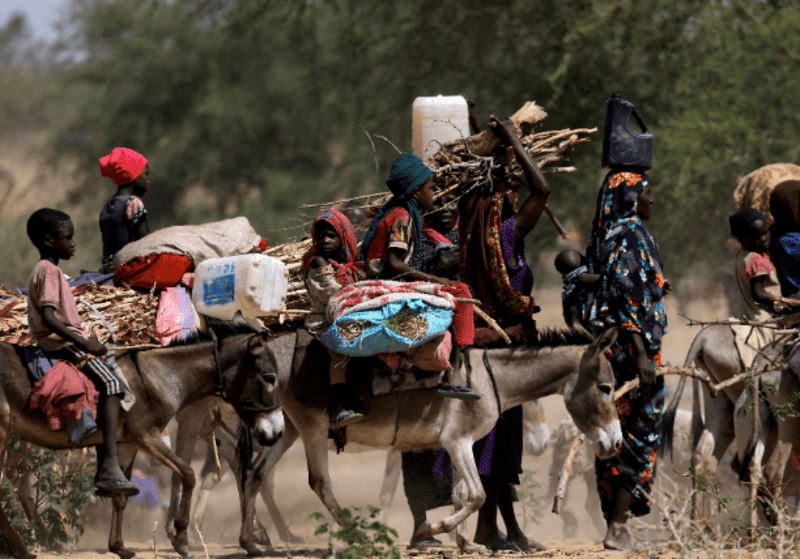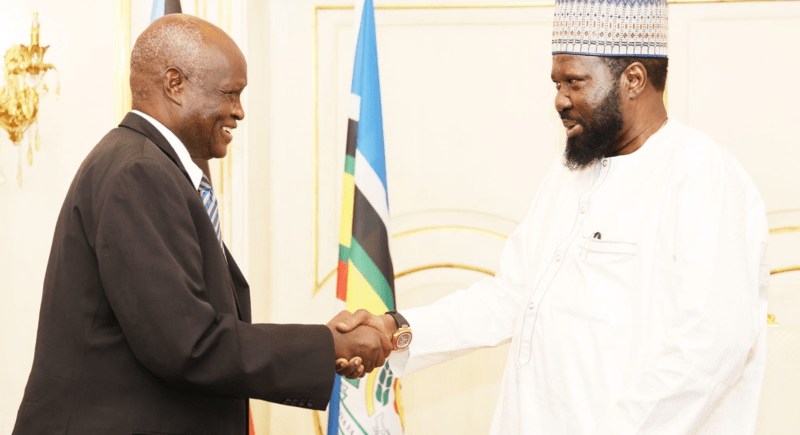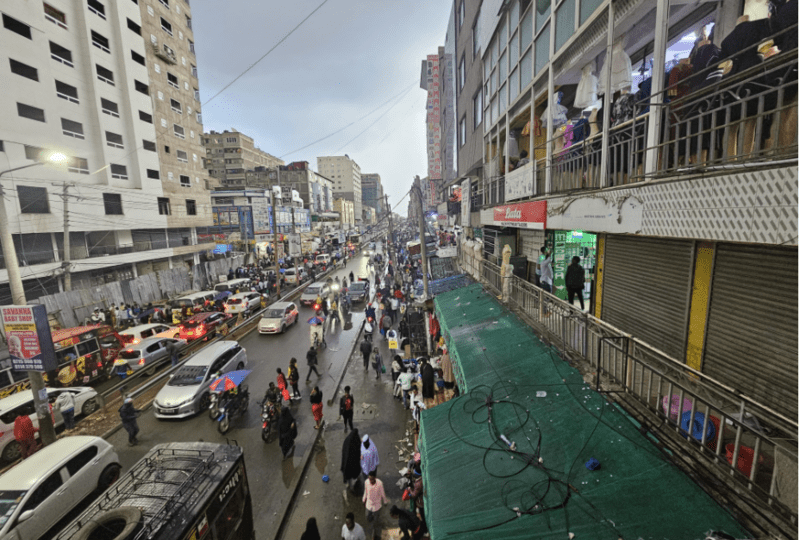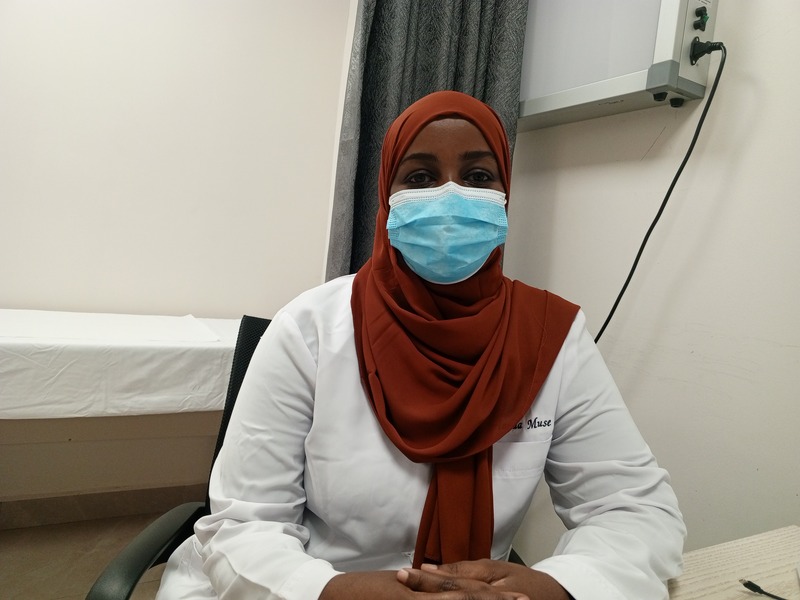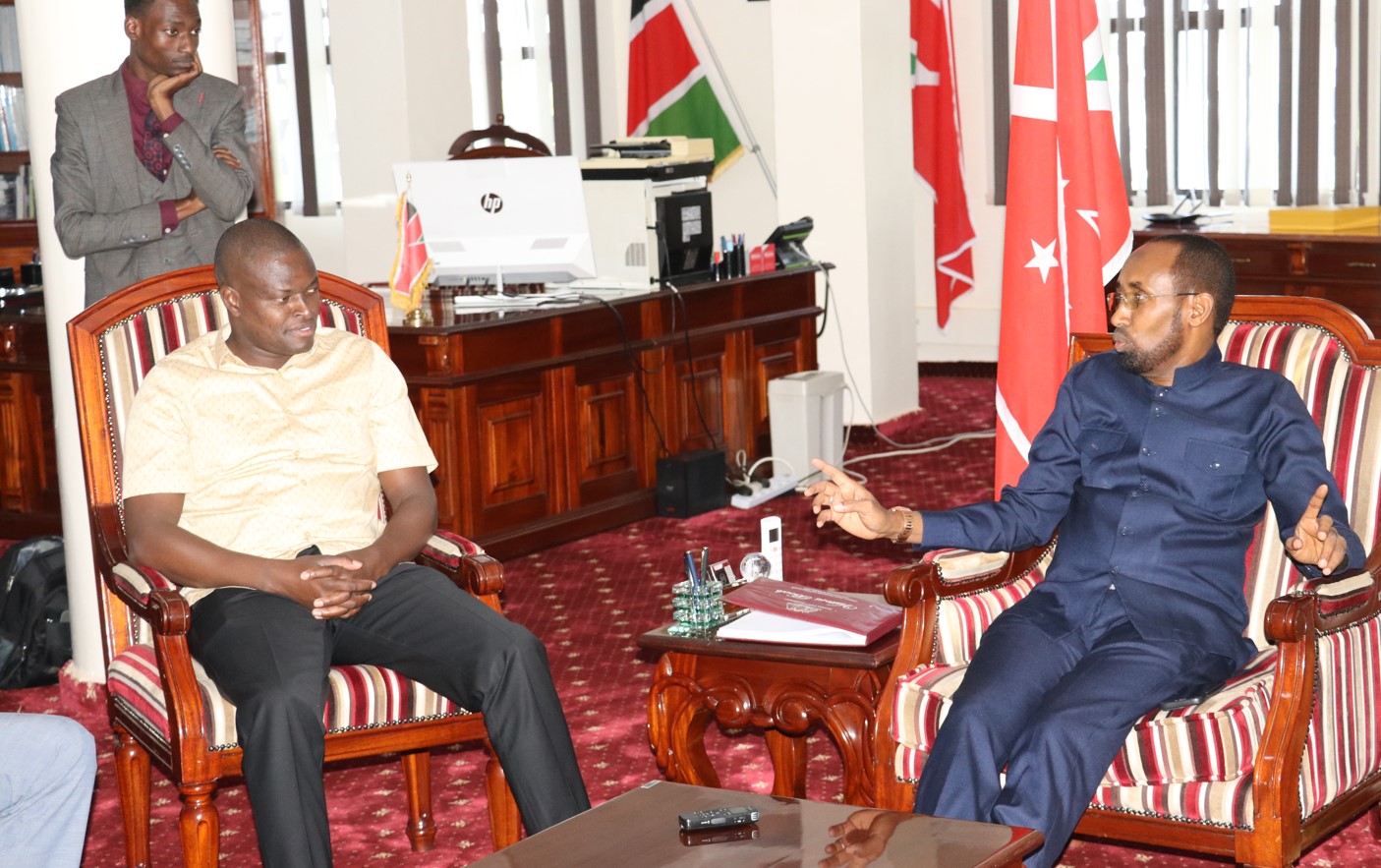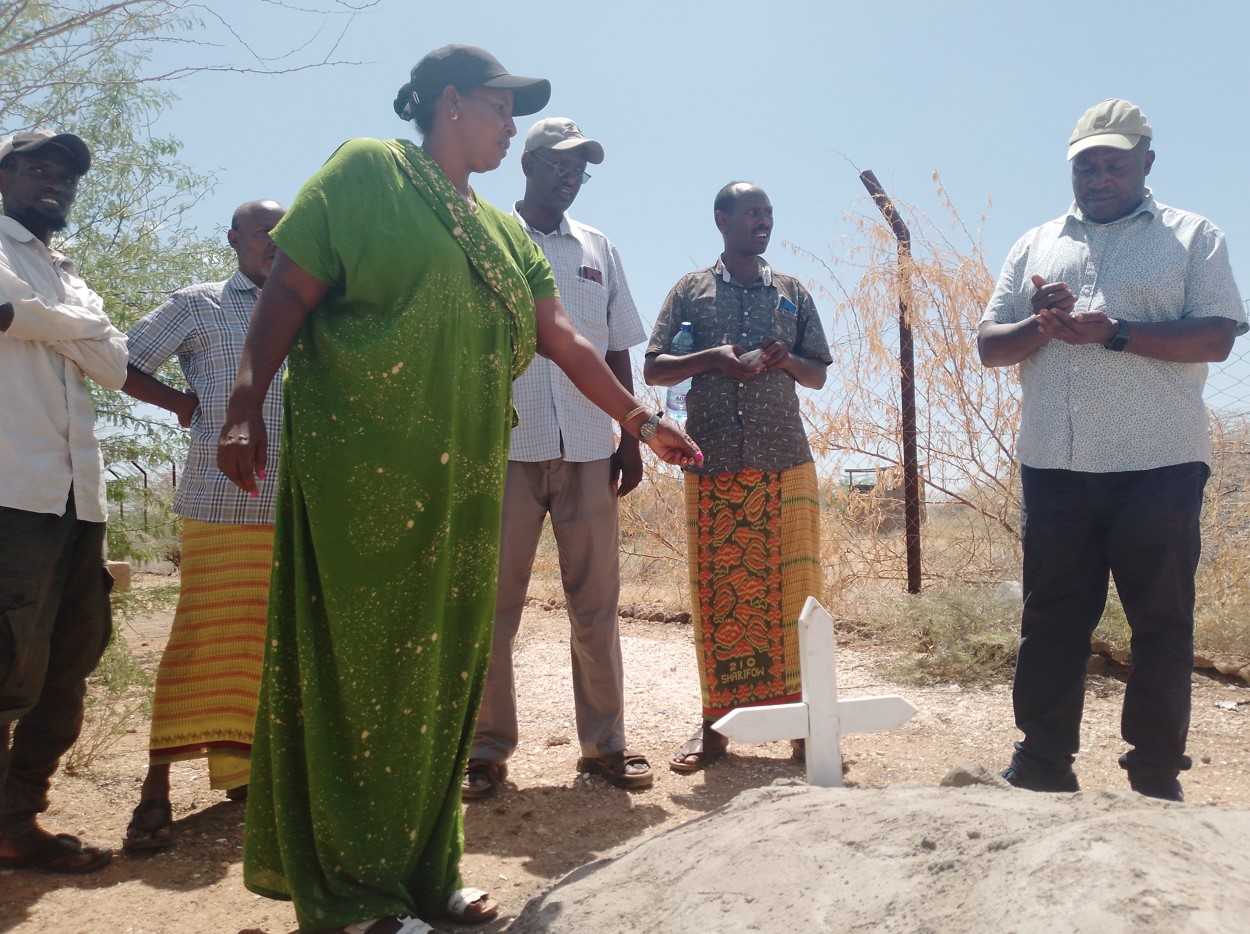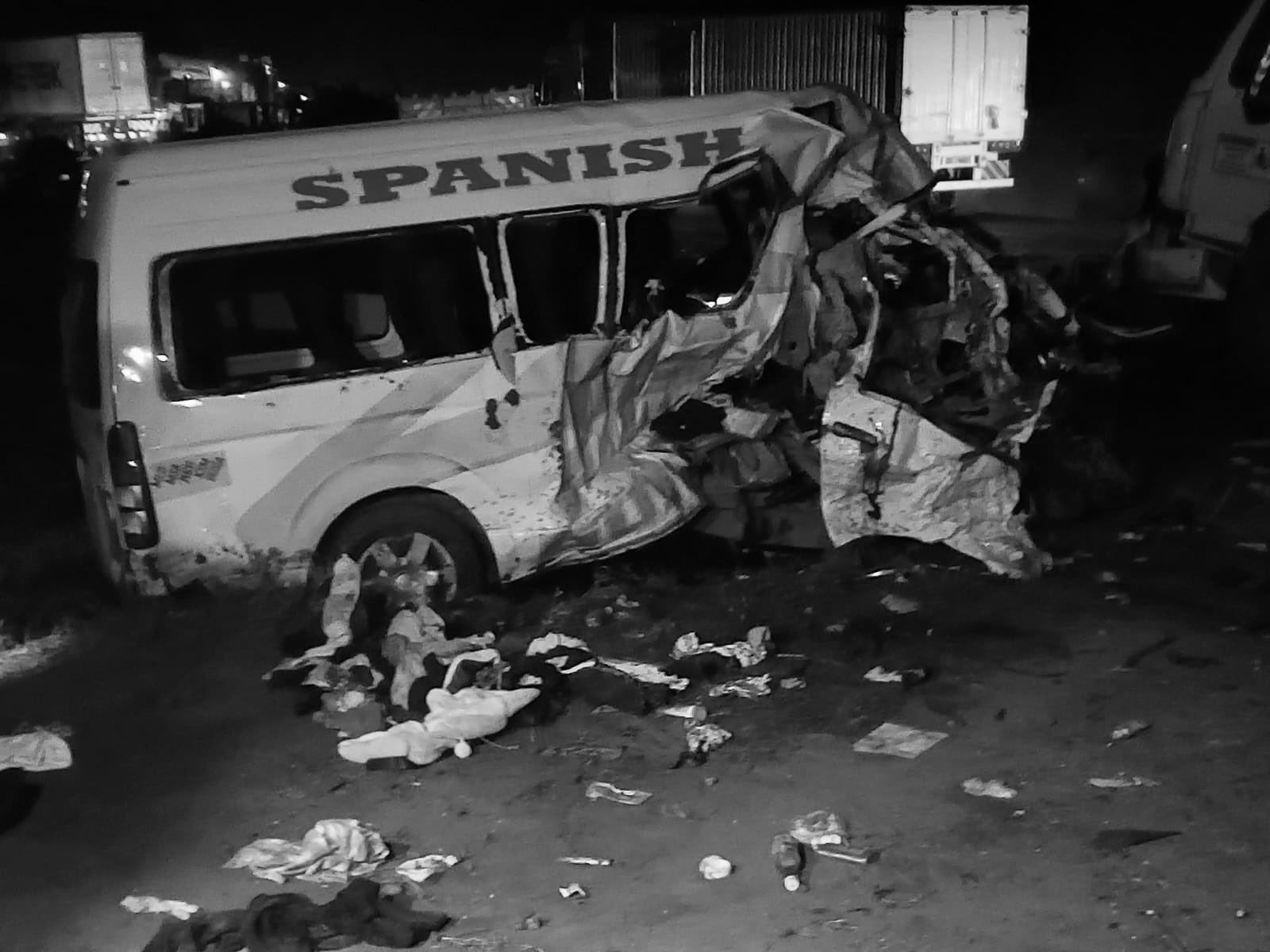Home / Africa

The Rwandan government has formally appealed to the United Nations Security Council (UNSC) to reconsider its support for the Southern African Development Community (SADC) military mission in the conflict-ridden eastern Democratic Republic of Congo (DR Congo).
The move follows concerns raised by Rwanda's Foreign Minister Vincent Biruta who argued that the decision to support the SADC Mission in the Democratic Republic of Congo (SAMIDRC) could have adverse consequences for regional stability.
In a note verbale addressed to the UNSC President Carolyn Rodrigues-Birkett on Monday, February 12, Biruta expressed reservations about SAMIDRC's neutrality in the ongoing conflict in eastern DR Congo.
He emphasised that the mission appeared to align itself with the government-led coalition fighting the M23 rebels, potentially leading to an escalation of the conflict and heightened tensions in the region.
"While the Government of Rwanda would naturally have no issue with the UN providing support to regional forces if they were genuinely intended to bring peace in eastern [DR Congo], it wishes to draw the attention of the UNSC that SAMIDRC is not a neutral force in the current crisis," Biruta said.
Biruta further alleged that SAMIDRC's mission was to support the government of DR Congo, risking the involvement of the UN in a coalition.
"The UN is acting on the wrong premises and risks lending a hand to a coalition of forces whose sole objective is to uproot Congolese Tutsi in the eastern DRC and which has declared its intention to destabilise Rwanda," Biruta warned.
The SADC regional force, deployed to eastern DR Congo in December 2023, comprises troops from South Africa, Malawi, and Tanzania.
Biruta argued that the SADC forces were selectively supporting the DR Congo Armed Forces (FARDC) in their fight against M23 rebels, along with other groups, including Burundian forces and the Democratic Forces for the Liberation of Rwanda (FDLR).
Rwanda has long called for an end to the collaboration between the Congolese government and the FDLR, which has launched attacks on Rwandan territory.
The government expressed concern about the ethnic killings in eastern DR Congo, urging the UN to condemn the violence and not support the coalition behind the conflict escalation.
While emphasising Rwanda's willingness to support a peaceful resolution of the conflict, Biruta also underscored the need for addressing the root causes of the conflict, including support for genocidal forces, refusal to address grievances of Congolese Rwandophones, and the failure to repatriate Congolese refugees living in the region.
"The Government of Rwanda wishes to draw the attention of the UNSC members to the dangers of such a move, including the erosion of any peaceful settlement of the decades-long crisis in the eastern [DR Congo], the resurgence of ethnic confrontation, and the risk of a regional conflict," Biruta concluded.
The UN has yet to respond to Rwanda's appeal, and tensions continue to mount in the already volatile region.
Rwanda raises concerns over UN support to SADC troops in DR Congo

The Republic of South Africa Battalion, currently deployed in the Democratic Republic of Congo having successfully completed its Jungle Warfare Trainer of Trainers Course. (Photo: X/SANDF_ZA)
By Amina Wako |
The SADC regional force, deployed to eastern DR Congo in December 2023, comprises troops from South Africa, Malawi, and Tanzania.
Keep reading
The Rwandan government has formally appealed to the United Nations Security Council (UNSC) to reconsider its support for the Southern African Development Community (SADC) military mission in the conflict-ridden eastern Democratic Republic of Congo (DR Congo).
The move follows concerns raised by Rwanda's Foreign Minister Vincent Biruta who argued that the decision to support the SADC Mission in the Democratic Republic of Congo (SAMIDRC) could have adverse consequences for regional stability.
In a note verbale addressed to the UNSC President Carolyn Rodrigues-Birkett on Monday, February 12, Biruta expressed reservations about SAMIDRC's neutrality in the ongoing conflict in eastern DR Congo.
He emphasised that the mission appeared to align itself with the government-led coalition fighting the M23 rebels, potentially leading to an escalation of the conflict and heightened tensions in the region.
"While the Government of Rwanda would naturally have no issue with the UN providing support to regional forces if they were genuinely intended to bring peace in eastern [DR Congo], it wishes to draw the attention of the UNSC that SAMIDRC is not a neutral force in the current crisis," Biruta said.
Biruta further alleged that SAMIDRC's mission was to support the government of DR Congo, risking the involvement of the UN in a coalition.
"The UN is acting on the wrong premises and risks lending a hand to a coalition of forces whose sole objective is to uproot Congolese Tutsi in the eastern DRC and which has declared its intention to destabilise Rwanda," Biruta warned.
The SADC regional force, deployed to eastern DR Congo in December 2023, comprises troops from South Africa, Malawi, and Tanzania.
Biruta argued that the SADC forces were selectively supporting the DR Congo Armed Forces (FARDC) in their fight against M23 rebels, along with other groups, including Burundian forces and the Democratic Forces for the Liberation of Rwanda (FDLR).
Rwanda has long called for an end to the collaboration between the Congolese government and the FDLR, which has launched attacks on Rwandan territory.
The government expressed concern about the ethnic killings in eastern DR Congo, urging the UN to condemn the violence and not support the coalition behind the conflict escalation.
While emphasising Rwanda's willingness to support a peaceful resolution of the conflict, Biruta also underscored the need for addressing the root causes of the conflict, including support for genocidal forces, refusal to address grievances of Congolese Rwandophones, and the failure to repatriate Congolese refugees living in the region.
"The Government of Rwanda wishes to draw the attention of the UNSC members to the dangers of such a move, including the erosion of any peaceful settlement of the decades-long crisis in the eastern [DR Congo], the resurgence of ethnic confrontation, and the risk of a regional conflict," Biruta concluded.
The UN has yet to respond to Rwanda's appeal, and tensions continue to mount in the already volatile region.



